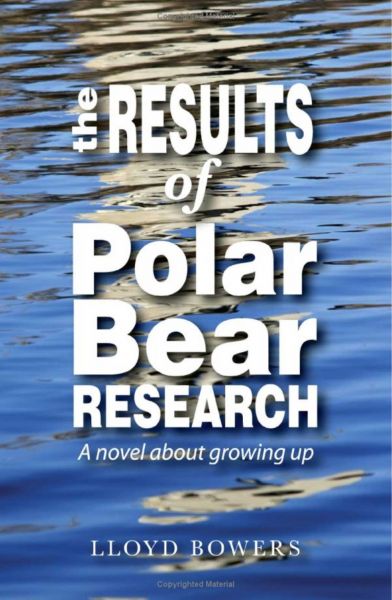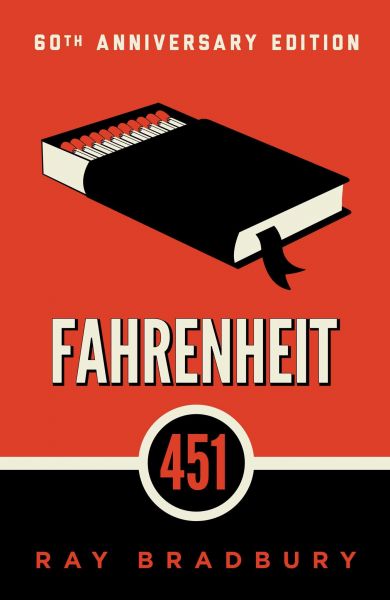My Personal Path to Writer
By the early 1990s, I knew I didn't want to fool forever with real estate. I had put thousands of miles on my work-van; but after years of back-breaking work, and little to show for it, I knew I needed to make the transition to something else. I already spent more time writing than I should have; so I needed to make the transition to writer pretty soon.
I also thought a change of scenery would do me good and let me sort of vanish from view. So I lived off and on in London, England, for a couple of years. In London, I met a lot of different people; and with my background in English literature, I unconsciously paired them with literary characters in English novels. The compulsiveness of it suggested that I should return to the U.S. and plant my new writing-career there.
But for some time afterward, my time in Britain influenced how I wrote. When I was writing my first novel The Results of Polar Bear Research, for instance, my editor kept calling my attention to the Englishisms that I used: "grey" instead of gray, "centre" instead of center, and even Germanisms like "souveranity" instead of sovereignty.
About pairing real people with literary characters, I thought "Why the hell not?" If you read good literature--Tolstoy, Hugo, Cervantes, and so on, the characters don't just become real people, you befriend them. You experience their lives as a companion in their journeys, sympathize with their shortcomings, identify with their value system, or whatever.
Literary people are like loaded guns in a crowd, wrote Ray Bradbury in Fahrenheit 451. That's why the unenlightened mobs hate them. Good writing brings a kind of constitutional framework to human behavior, a delineation of a good life and the not so good. The literary characters become like a human template. In literature, the reader gets an explanation, or at least a resolution, of the characters' actions. The real-life human mock-ups, on the other hand, are more ambiguous--operating from a skein of intentions and motives, leaving a lot of loose ends for us to sort out.
At least a writer can choose to create both transparent characters and deceptive ones, and to distinguish between them. People in real life don't offer us that option. At best, just a brief glance beneath a covered dish.
I realize that most fiction-writers don't care about creating something significant, contributing to the human template, or any of that. They sell books as a financial task, a job if you will--the means to make a living. They sell cozy, non-threatening plots and simplistic characters who don't require much analysis, to close-minded readers who won't question the novel's flimsy presuppositions.
Quality writers strive for a kind of verisimilitude in their characters and plot structure, certainly, but more than that, they plant souls in their characters, with the strengths and fallings that we all have, that teach empathy and experience. The characters inhabit and negotiate relations with the ambivalent human community that lives in real-time rootlessness and insecurity.
The good writers teach us independent engagement with life. In Fahrenheit 451, for example, the "Book People" retreat to a disused rail-yard to escape notice from agents of the government. Good books teach us to think and act humanistically, and to view life with a sense of historicity, that gives us the coordinates to a better life.


